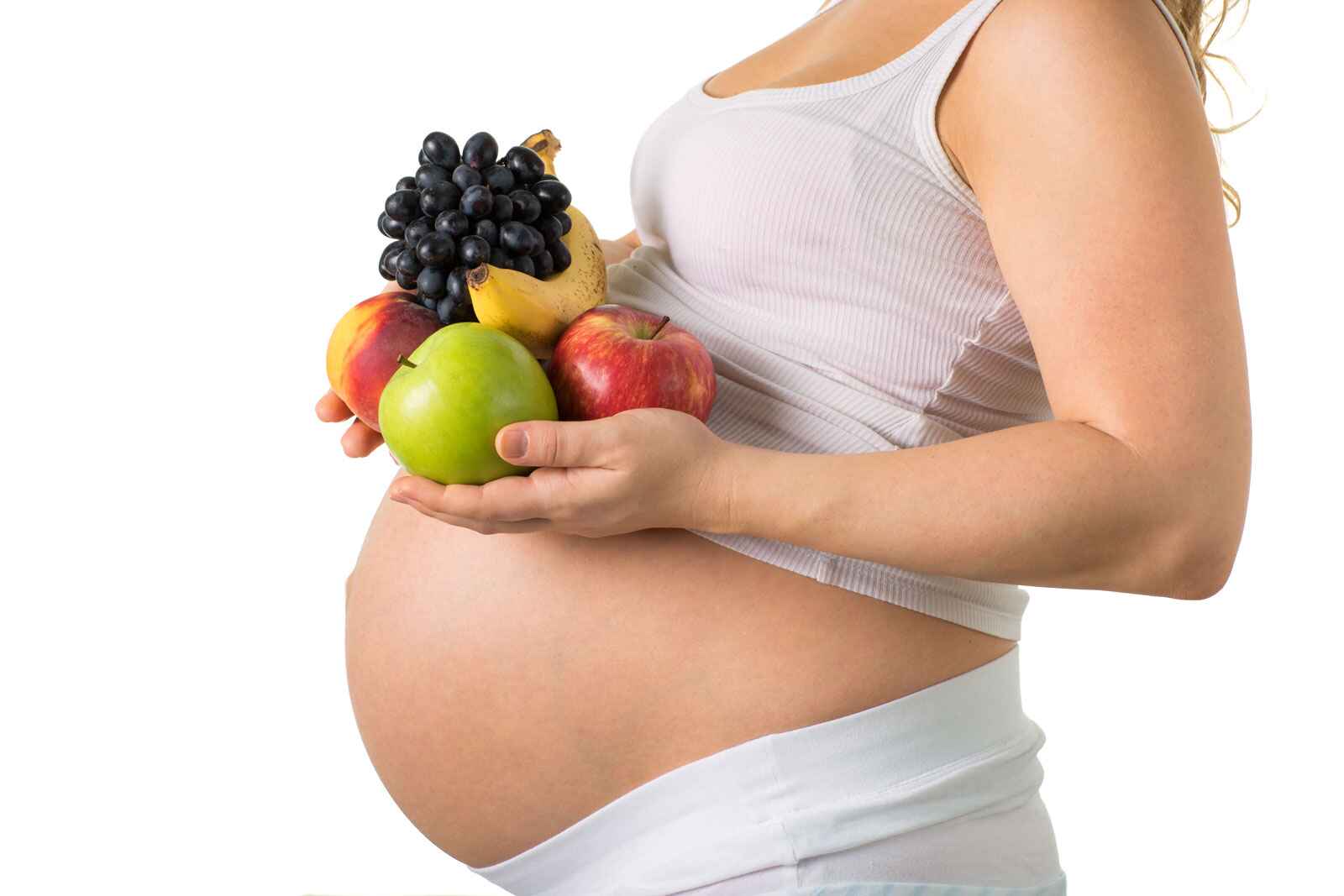Fertility is an essential aspect of women’s health, influenced by various factors such as age, overall health, and lifestyle choices. Understanding these elements is crucial for those planning a family and seeking to optimize their reproductive health.
Age and Fertility: The Biological Clock
One of the most significant factors affecting fertility is age. Women are born with a finite number of eggs, and their quantity and quality decrease as they age. While women are most fertile in their 20s, fertility begins to decline gradually after the age of 30, with a more noticeable drop after 35. This is primarily due to the decrease in egg quality and the increase in chromosomal abnormalities, which can lead to difficulties conceiving or an increased risk of miscarriage.
By the age of 40, many women may face even greater challenges in getting pregnant, and assisted reproductive technologies like IVF may become more necessary. However, it’s important to note that fertility preservation options, such as egg freezing, are becoming more accessible for women who want to delay family planning.
Health Conditions That Affect Fertility
A woman’s overall health plays a critical role in fertility. Chronic health conditions such as polycystic ovary syndrome (PCOS), endometriosis, or thyroid disorders can significantly impact a woman’s ability to conceive. These conditions can affect hormone levels, ovulation, and the general reproductive system. Regular check-ups and early detection can help in managing these conditions effectively, improving the chances of conception.
Additionally, a healthy body weight—either too high or too low—can also interfere with fertility. Obesity can lead to hormone imbalances and complications like insulin resistance, while being underweight can cause ovulation problems. A balanced diet, regular exercise, and maintaining a healthy weight can help regulate menstrual cycles and improve fertility outcomes.
Lifestyle Factors: Diet, Exercise, and Stress
A woman’s lifestyle can either enhance or hinder her fertility. A nutritious, well-balanced diet rich in vitamins and minerals is essential for reproductive health. Antioxidants, folate, and omega-3 fatty acids, for instance, are known to support healthy egg development and hormonal balance. Caffeine, alcohol, and tobacco consumption can have negative effects on fertility, potentially reducing a woman’s chances of conception and leading to complications in pregnancy.
Exercise is another vital component. While moderate physical activity can improve overall health and enhance fertility, excessive exercise or extreme physical stress can disrupt menstrual cycles and interfere with ovulation. It’s essential to find a balance that supports health without overtaxing the body.
Stress is another factor that can impact fertility. High stress levels can lead to hormonal imbalances, affecting ovulation and menstrual cycles. Practices like yoga, mindfulness, and meditation have been shown to reduce stress, promoting hormonal balance and improving fertility.
Environmental Factors and Fertility
In addition to lifestyle choices, environmental factors like exposure to endocrine-disrupting chemicals found in plastics, pesticides, and even cosmetics can negatively impact fertility. These chemicals can interfere with hormone production, leading to reproductive issues. Women should be mindful of environmental toxins, opting for natural products when possible and reducing exposure to harmful substances.
Conclusion: Prioritize Fertility Health
Women’s fertility is influenced by multiple factors, including age, health conditions, lifestyle, and environmental factors. While some factors, like age, cannot be changed, many lifestyle choices and health conditions can be managed to optimize fertility. It’s important to be proactive about health and family planning by consulting with a healthcare provider to identify and address potential fertility issues early on. By focusing on maintaining a healthy lifestyle and addressing any underlying health conditions, women can take steps to support their fertility and overall well-being.

